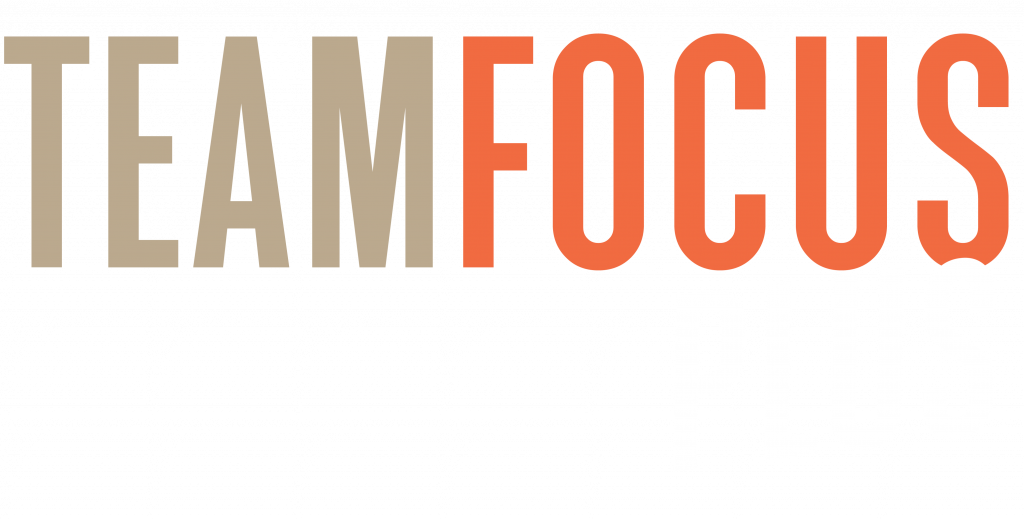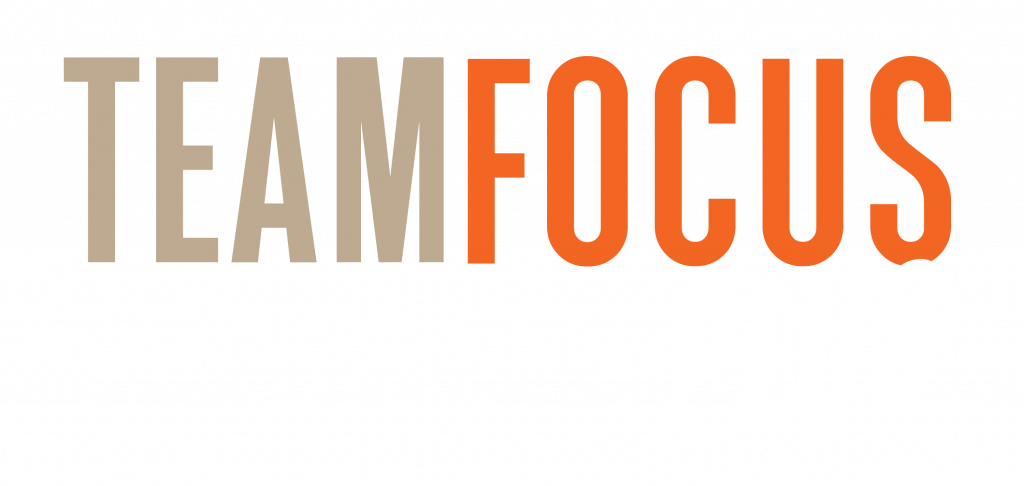There’s no doubt that leading a group of individuals to achieve a common goal takes a lot of effort. Whether you’re working in a small team or a large one, factors like burnout, a lack of rapport, and miscommunication can be detrimental to your overall performance and progress.
Thankfully, you can try to implement several useful practices to establish a more productive work environment for everyone. To learn more, below are four ways to help your team accomplish any task more efficiently:
Place Importance on Your Team’s Mental Wellbeing
It’s difficult to bring your A-game to work when you’re tired, sad, or stressed. For your team to perform well, you must do what you can to promote everyone’s mental well-being. You can do this by encouraging your team to get enough rest and establish healthier routines. For instance, you can give them wellness breaks every once in a while to ensure that they don’t experience burnout.
It also helps to conduct calming activities that promote mindfulness and empathy. For example, you can try engaging your team with check-ins before the start of every meeting. During these check-ins, you can ask each team member to share how they’re currently feeling or what their stress levels are. Additionally, you can encourage each teammate to discuss a wellness goal that they’re trying to achieve. These could be things like getting more sleep, spending more time with loved ones, or pursuing new hobbies.
After everyone shares their goals, you can ask them about their progress during check-ins. By doing so, you can ensure that your teammates are building healthy habits and accomplishing what they set out to do. This activity not only reminds each team member to care for their mental health, but also fosters better rapport.
Practise Clear Communication
Practising effective communication amongst your team members is one of the best ways to boost productivity. Keeping this in mind, clarity is the key to good communication. This is because vague messages or instructions can be just as harmful to your team’s efficiency as a total lack of communication.
To prevent any miscommunication, be sure to carefully construct your messages—whether it’s through email, chat, or video call. Before you write or say anything, ask yourself what the purpose of your message is. This will prevent you from including irrelevant and unnecessarily lengthy details.
Also, do be sure to check the veracity of your information before sharing it. Additionally, if you’re talking about facts, it’s best to send them through chat or email. Most people find that written information is easier to retain, especially if you have a lot to disseminate.
If you’re trying to express certain emotions, it’s best to communicate in person or through a video call. This is because feelings can be easy to misinterpret or misconstrue through text or audio alone. By encouraging your team members to practise these communication techniques, everyone can do their part in ensuring that internal processes run smoothly.
Always Provide Context When Assigning Tasks
Another aspect of good communication is providing context whenever you’re assigning tasks to team members. Similar to communicating clearly, providing context will help your teammates understand their tasks and what’s expected of them. This is especially true if you’re working remotely, as there aren’t enough opportunities to guide them face-to-face. Hence, it’s essential to deliver information comprehensively and meticulously.
For instance, discussing only the topic, bare-minimum instructions, and the deadline of a project may leave your teammates feeling confused. This sort of confusion can slow down their workflow and delay your team’s overall progress.
To prevent this from happening, it’s best to provide your team with the goals and background of the project as well. This not only prevents misunderstandings, but also helps with idea generation. The better your team members understand their tasks, the better they can accomplish them.
Find the Time to Prioritise Tasks Together
Lastly, be sure to find the time to prioritise tasks together with your team. Prioritisation is an invaluable part of productivity, as it helps your team meet deadlines while delivering quality results. It also ensures that you set clear responsibilities and roles for each team member.
You can start by gathering your team and discussing two or three high-priority tasks that each of them must complete. Afterwards, inform them about the specific results you want to achieve, as well as the expected quality of their work. By doing this, you can make sure that every team member stays on the right track and directs their energy towards the correct endeavours.
As seen in the tips above, cultivating productivity doesn’t have to be taxing, even if you’re working with a lot of people. It can be as simple as fostering a supportive work environment, encouraging good communication, and using effective prioritisation strategies. By applying these simple practices, you’ll never fail to lead your team to success.
Get in touch with Ross Judd and help your team become more productive today.






